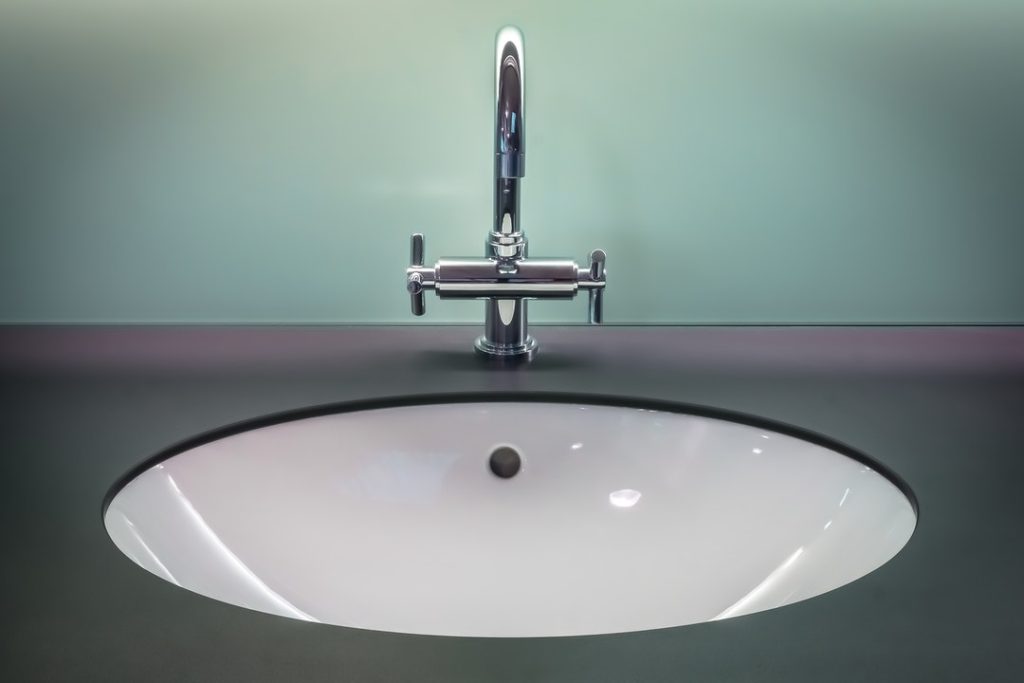Water just won’t go down? Here are the most common causes of a clogged drain. It might not start out as a big issue, but it could escalate quickly.
The blockage may result in the water draining slowly, the development of corrosion, cause a flood, and – in the most extreme cases – it could result in sewage backup and result in costly repairs.
Preventing more serious issues from developing starts by developing an understanding of the most common causes of clogged drains. Continue reading to learn more.

1. Soap Scum
The residue from the various soaps that we use – be it body soap, shampoo, laundry soap, or dishwashing liquid – has the capability to accumulate in drains and pipes, over time.
This accumulation then results in the total diameter of the pipe being reduced significantly.
Furthermore, soap scum has the potential to meet up with other substances lingering in a pipe – such as hair and dirt – which results in an even more serious clog.
To prevent this issue from occurring, pipe pressure cleaning may be performed to remove soap residue.
2. Hair
The hair from humans and pets may find their way into your drains.
When hair becomes lodged in the drain, it may become tangled with other products there – such as soap scum and grease – and become attached to either the drain or the walls of the pipe.
In most instances, plunging the affected drain will work. In more severe cases, you may have to resort to using a plumber’s snake or professional drain cleaner.
Many find that by pouring hot water down the drain, followed by baking soda and vinegar, the drain will clear.
3. Dirt
Whether you are washing clothes or washing yourself, chances are, a little bit of dirt has found its way into the drains in your home.
While generally not an issue, this substance has the capability of combining of other items in the pipe – such as soap scum and grease – and will create a massive clog.
You can usually plunge the drain or use a cleaning auger to eliminate the clog. If it is severe, you may need the assistance of a plumbing professional.
4. Grease Build-Up
It is likely that – over time – one or more of your drains will develop a build-up of grease.
These fat-based substances may come from cleaning supplies, soaps, food products, and other types of household materials.
You should always avoid allowing straight grease to enter your drains – even if you have a garbage disposal in your sink.
If grease causes a clog, start by clogging. You may also pour a mixture of hot water and dish detergent down the drain. Commercial drain cleaners may also work, but remember to use these products with caution.
5. Food
Whether or not you have a garbage disposal, food waste may be the culprit behind a clogged drain.
There are many types of foods that simply do not break down – leaving your pipes susceptible to a future issue.
Garbage disposals should be detached and cleaned on a regular basis. Pipes should be cleaned if signs of a clog become evident.
In severe cases, a plumbing professional may need to handle the issue.
A more productive way to deal with food waste is to develop a compost bin for it and making a point not to put any food in the garbage disposal.
6. Mineral Build-Up
If you are in an area that is known for hard water, you will likely experience a drainage issue at some point in the future due to the accumulation of mineral deposits within the pipes.
The pipes will need to go through the process of being descaled – which a professional plumber will be able to do.
It is also advised that you have that professional install a water softener system for the home.
7. Toilet Paper
The next most common cause of clogged drains – particularly in the toilet – is simply too much toilet paper.
If used in an excessive manner or if quilted products are used, the toilet paper may become lodged within the pipe.
A plunger, auger, and drain cleaners are capable of clearing out most toilet paper clogs. If severe, professional assistance may be required.
We Can Help
Do you have a stubborn clog in your drain? If so, we here at Reynolds Plumbing can help you.
While there are many measures you can take on your own, we do not advise taking any if you are unsure as to what is causing the clog. When it comes to your plumbing, it is often considered best to opt for a professional plumber.

